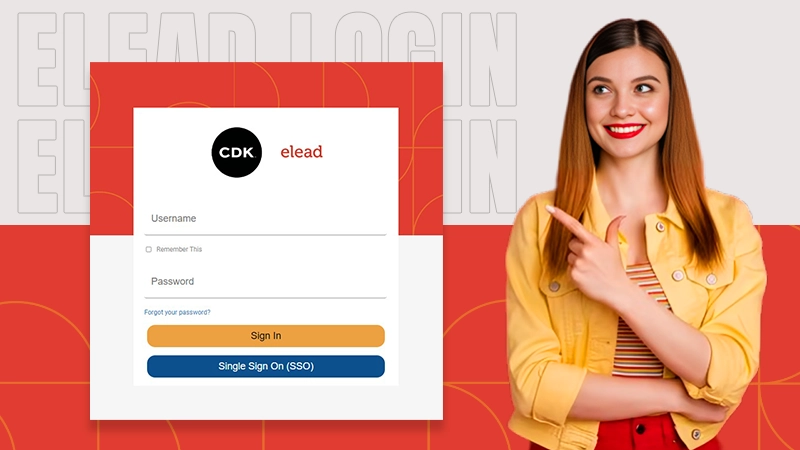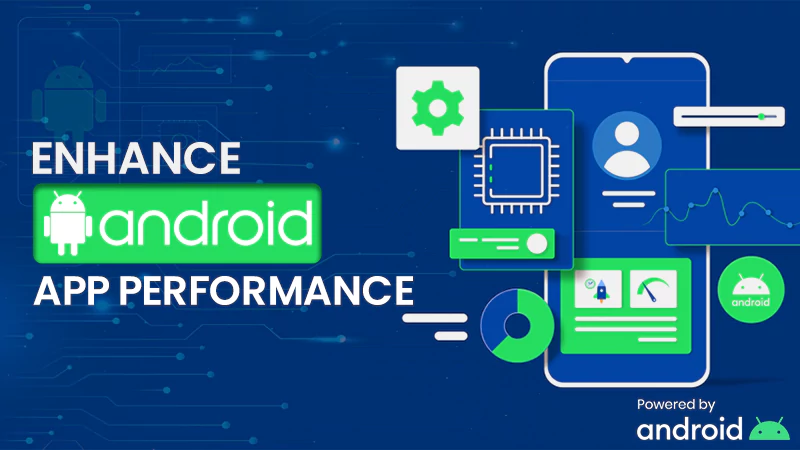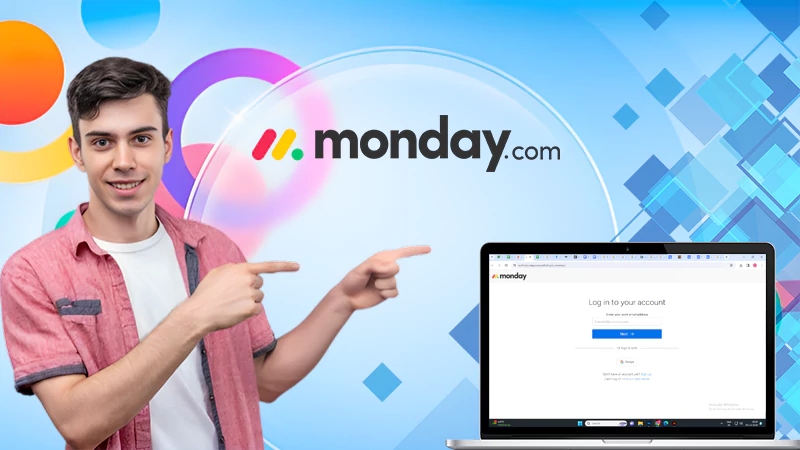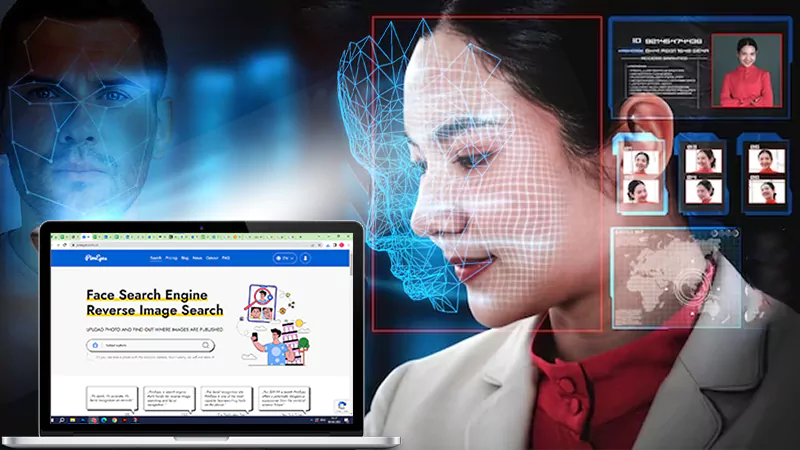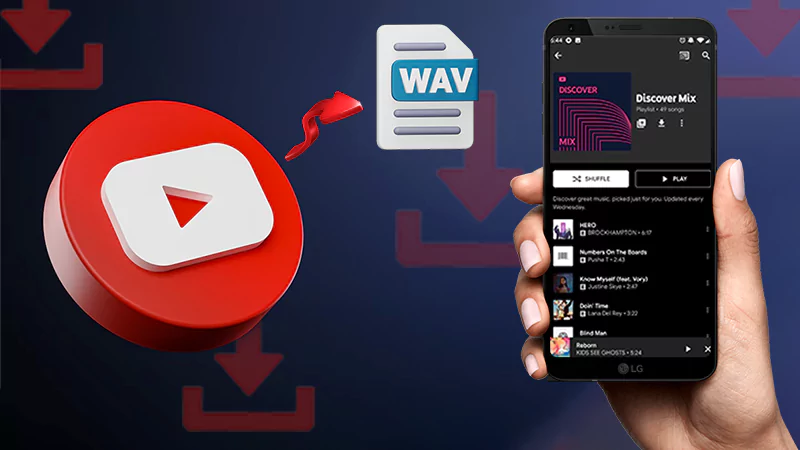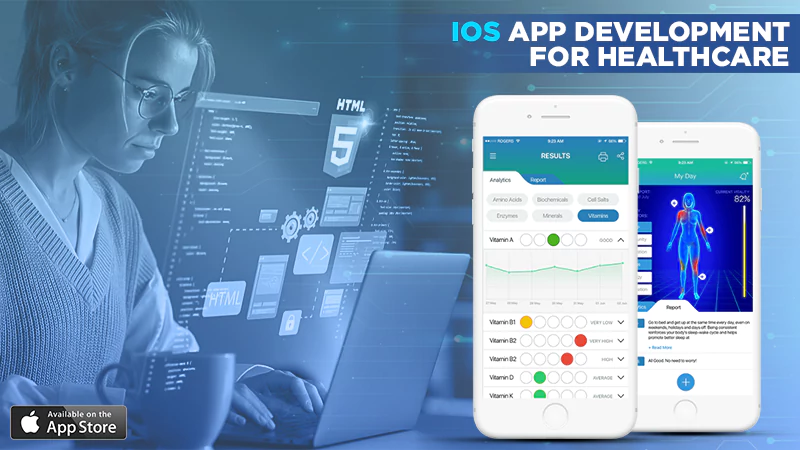
Creating apps for health became popular as soon as mobile programs became a big deal in healthcare.
Now, every health business has programs for nutrition, exercise, fitness, and more. The digital change in health care made application development super important.
And it’s not that difficult to create your application in today’s technological era. All you need to do is partner up with a reliable healthcare app development company to get things started.
Moving on, let’s get into details on why you should choose health care programs, the types, and the features that should be included in health apps.
Key Stats Indicating The Success & Potential Of Healthcare App Development
- More than 350,000 digital health applications are available in app stores, according to Grand View Research.
- At least once, 60% of mobile device users have loaded a healthcare app on their device.
- The overall expected healthcare program business market in the United States is $60 billion.
- $17.14 billion by 2026 is the expected market size of mHealth.
Why Choose Healthcare Apps?
Creating health applications offers numerous advantages.
These can facilitate convenient access to health information for businesses, reduce costs, provide health services remotely, prevent errors, and enhance communication.
Hence, you should consider developing mobile health (mHealth) apps, or healthcare applications, if you want to provide excellent patient care and still make a profit.
Using mobile devices to deliver health care services is the main focus of mobile health or mHealth.
The rising popularity of effective health programs is the reason for the estimated $189 billion global market for mHealth app development by 2025.
Another category is eHealth, which includes program monitoring and analyzing physical conditions.
This segment’s revenue reached $1.55 billion at the end of 2022 and is projected to grow at a rate of 14.18%, reaching a market volume of $3 billion by 2027.
Statistics show that nutrition programs are among the most purchased health apps in the US, according to the Statista Global Consumer Survey, concerning Android vs. iOS, there were 65,300 mHealth apps on Google Play Store for Android users, and iOS healthcare apps on the Apple Store crossed 54,000 in the last quarter of 2021.
When both Android and iOS are preferred for healthcare app development, iOS has gained popularity due to higher revenue, better security, and quicker development.
iOS faces challenges in premium healthcare development but delivers exceptional results.
If you’re ready to dive into iOS medical program development, this article introduces you to innovative healthcare startups, iOS app features, and factors influencing development costs.
Now, let’s explore how Android and iOS app development is transforming healthcare.

Statistics:
In 2023, as per the reports, the revenue in the global healthcare market is estimated to grow to $57.86 billion at a CAGR of 10.40% from 2023-2027.
This has resulted in a market volume of $85.95 billion by 2027.
This makes it easy for patients to get help remotely, compare medical services, store health data, and choose personalized care. Innovative programs increase patient engagement.
Some of the Top Healthcare Apps in the Market
Let’s look at a few startups making waves in app development:
Health-e People App:
Health-e is created to connect the health industry. Users can store and monitor all their health data, find medical caregivers, and connect with professionals.
Soniphi Medical App:
Soniphi uses vocal information for a complete well-being analysis report. It’s a resonant frequency-based personal wellness system.
YouComm Health App:
Designed as a platform for in-hospital patients to connect with nurses, YouComm offers a customizable patient messaging system for basic needs.
Teladoc App:
Teladoc allows users to connect with doctors or surgeons conveniently, offering appointment booking and medical history updates.
K-Health App:
An AI and Machine Learning-based iOS app, K Health helps users connect with medical professionals and offers a free symptom checker.
These app use cases connect patients with doctors, speeding up treatment procedures and contributing to the success of app development.
Types of Healthcare Apps
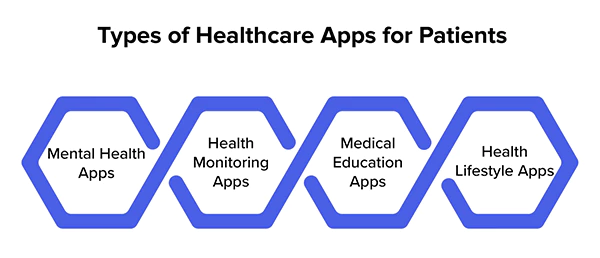
In the world of healthcare apps, there are different types for both patients and providers. Let’s quickly check out the common categories:
For Healthcare Providers
- Patient Monitoring Apps
- Reference and Database Apps
- Appointment and Clinical Assistance Apps
- EHR Solutions
For Patients
- Education and Self-Diagnosis Apps
- Health Monitoring Apps
- Mental Wellness Apps
- Nutrition Apps
- Women’s Health Apps
- Reminder Apps
These categories offer a wide range of iOS healthcare app options for businesses. The app’s types and purposes can greatly benefit every healthcare service.
Must-Have Features in Your iOS Healthcare App

Now, if you’ve decided on the focus for your iOS app, it’s time to uncover the necessary features for success.
1. Sign Up/Log In: Easy sign-up via email, phone, or social media.
2. Health Tracking: Monitor vital health stats like blood pressure and heart rate.
3. Appointment Booking: Easily find, book, and set reminders for appointments.
4. Doctor and Patient Profiles: Details about doctors and basic health info for patients.
Interesting Fact:
In the first quarter of 2022, there were nearly 52,565 healthcare apps on the Google Play Store. Whereas, in the first quarter of 2022, there were 51,370 iOS healthcare apps in the Apple App Store.
5. Siri Integration: Use Siri for voice commands and location-based searches.
6. Video Calls: Real-time communication between patients and doctors.
7. Online Chat: Communicate with professionals for valuable consultations.
8. Geo-location-based Search: Find doctors and clinics nearby.
9. Doctor’s Ratings and Reviews: Help users choose doctors based on feedback.
10. Payment Gateway: Securely pay for services and consultations.
11. Reminders and Notifications: Keep users updated on prescriptions and appointments.
12. Personal Coaching: Offer personal coaching for fitness goals.
These features make the user experience immersive and user-friendly. For successful care program development, consider consulting experienced health app developers.
Factors Affecting the Cost of iOS Healthcare App Development
1. Features and Functionalities: More features mean higher development costs.
2. App Category: Different app categories have varying development needs.
3. UI and UX: Quality design adds to development costs.
4. Development Hours: Complexity and speed affect the number of developers needed.
Do You Know?:
As per the reports, the digital health market will amount to nearly 640 billion U.S. dollars by 2026.
5. Choice of App Development Company: Quality services may come at a higher cost.
6. App Maintenance: Ongoing maintenance contributes to overall costs.
7. App Security: Investing in data security is decisive for user trust.
8. Location of App Developers: Development costs vary based on location.
Cost of App Development Companies
The cost of mobile applications is dependent on the type of app you’re building. A basic healthcare program can cost you around $10,000 to $50,000 and would have basic features like a user dashboard, simple admin dashboard, and log creation.
Moreover, building a health-focused one requires more expertise. The cost might be higher if you’re trying to build it with advanced features.
However, you must hire a trusted agency to develop your mHealth one. We suggest partnering up with a reliable Android or iOS app development company that has a proven track record of building game-changing healthcare apps.

